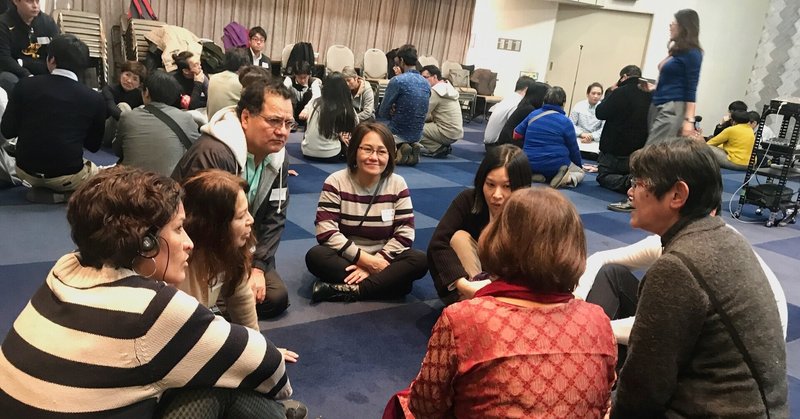
01 “Migrants Are Here” Should Be the Foundation for Any Policy Consideration
Mei is a woman from Thailand married to a Japanese man. She speaks fluent Japanese, as she has used almost only Japanese in her daily life since she came to Japan more than 20 years ago, except for when she speaks with her Thai friends and family in Thailand via Skype. But when she first arrived in Japan, she did not understand Japanese at all. After learning basic Japanese for a while at a volunteer-run Japanese language class, she learnt Japanese by herself by watching TV.
Mei has started working as a part-time worker at a sewing factory as her youngest child enrolled in elementary school some years ago. One day, finding her very effective, the owner of the factory asked Mei if she was interested in working as a regular employee. She remembers how happy she was, considering the education costs she would need for her children. Still, she declined the offer, because at that factory, part-time workers did manual work while regular full- time employees were assigned office work. When Mei said that she was not good at writing and reading Japanese, the factory owner was surprised, saying, “But you are very good at speaking Japanese.” Mei lost her chance for a promotion.
▶ Migrants are here but policies for them are not
As of December 2020, the number of foreign nationals living in Japan (including those with valid residence statuses and those overstaying them) has exceeded 2,970,000, (Figure1) or 2.4% of the population; including Japanese nationals with migrant roots, the ratio is even higher. Furthermore, more than half of all foreign nationals in Japan have stable long- term residence statuses such as “permanent resident,” “long-term resident,” and “spouse or child of Japanese national,” (Figure2, 3) and it is possible that they will continue living in Japan. Thus, even though the Japanese government does not readily admit it, it is a fact that there are already many migrants living in Japan.
What are the consequences of the government holding on to the long-standing position that there are no migrants in Japan? One of the consequences is the lack of relevant policies. Immigration policies generally consist of an immigration control policy and an integration policy to support the daily lives of migrants. However, the Japanese government has disproportionately focused more heavily on the former, while introducing few effective integration policies. As they see no migrants, they see no need for an immigration policy.
Migrant integration policies are important for lowering the various barriers migrants face when they participate in society. For example, people who do not understand Japanese face language barriers at their workplace, school, hospital, government office, and many other places. That means that every time they face language difficulties, they have to rely on someone’s help, which causes a sense of disability such as, “I can’t do anything by myself” or “I feel like I am a child.” If there were public language learning schools for migrants, they would be able to learn Japanese and participate in society more easily. In Germany, the government provides up to 600 hours of German language learning opportunities to migrants.
Other than providing language learning opportunities, an integration policy ensures the protection of rights and ease of migrant social participation by providing vocational training, counter-discrimination programs, opportunities to learn one’s mother-tongue and heritage language, and other measures. It also helps build a society where everyone can have a sense of belonging and have roles to play.
▶ What is needed now
Because of the lack of a necessary integration policy, Mei and other migrants in Japan have been forced to survive on their own efforts. If the government keeps denying the presence of migrants and the need for an integration policy even as Japan continues to receive larger numbers of migrant workers after the newly-implemented 2019 legislation, the existing problem of leaving migrants without any support will be exacerbated. Such a government attitude could lead to further difficulties for migrants, and may bring about serious inequalities and poverty. What is needed now is to face the reality that there are migrants here in Japan, and build a social foundation that guarantees the protection of everyone’s rights and dignity.
この記事が気に入ったらサポートをしてみませんか?
